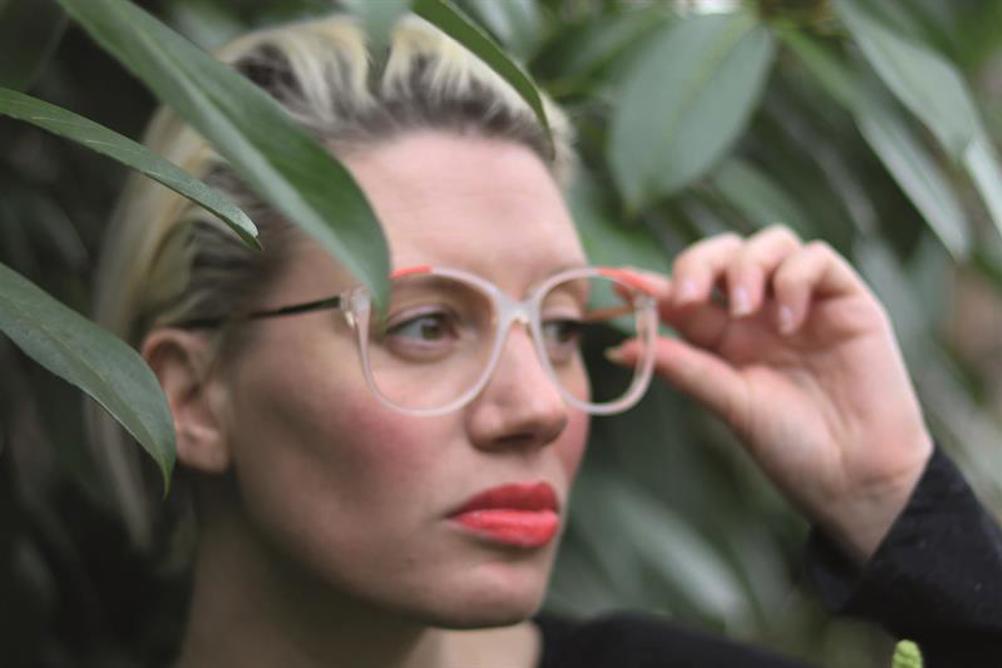
Fashion is one of the most polluting industries in the world and is estimated to be responsible for between 4% and 10% of global greenhouse gas emissions every year. There simply has never been a more crucial time for brands and consumers to embrace sustainability. How, where and what we buy is integral to the environmental impact on the world. But with so much choice, green-washing and general confusion, how do we make the right decisions? The following brands make it easy; sustainability is at the forefront of everything they do, so by being conscious of what you buy, you can continue to shop with an (environmentally) clear conscience.
Register now to continue reading
Thank you for visiting Optician Online. Register now to access up to 10 news and opinion articles a month.
Register
Already have an account? Sign in here



